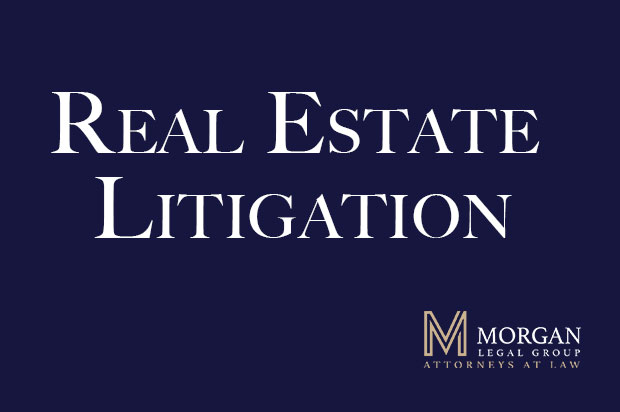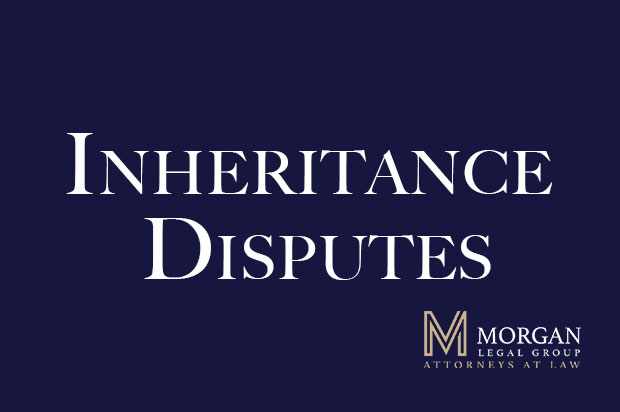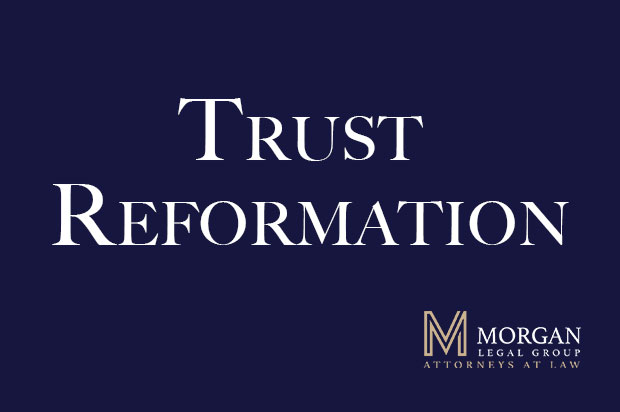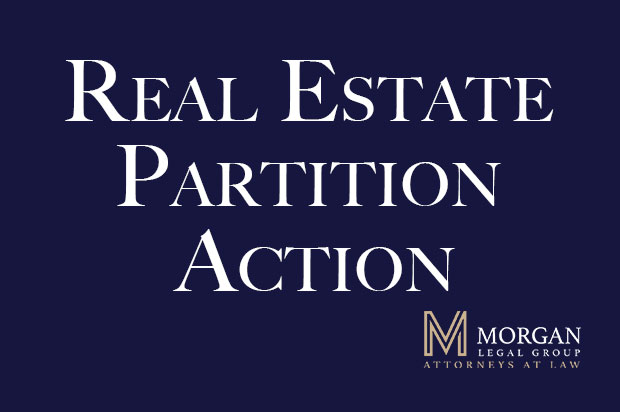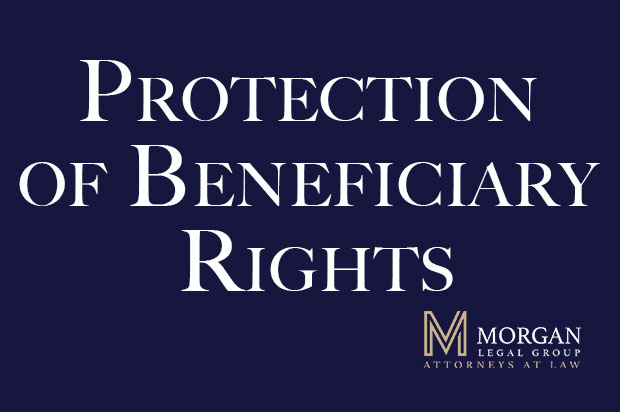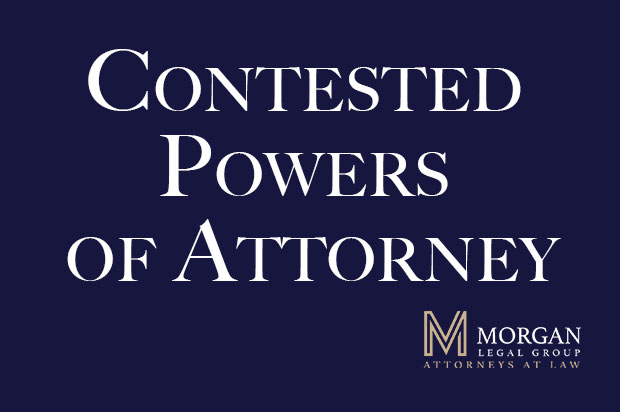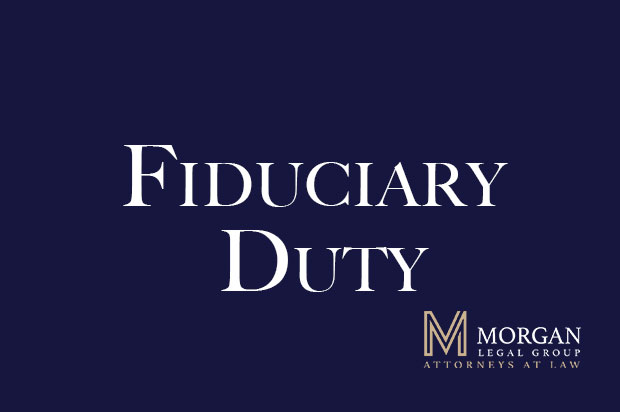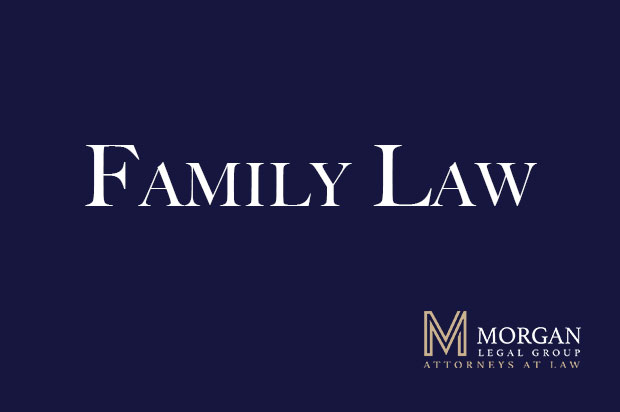Comprehensive Real Estate Litigation Services by Morgan Legal Group
At Morgan Legal Group, located in New York City, we specialize in estate planning, probate, guardianship, elder law, wills, trusts, and real estate litigation. Real estate transactions and ownership can sometimes lead to disputes requiring legal intervention. Our experienced attorneys provide comprehensive real estate litigation services to help resolve these disputes efficiently and effectively. This detailed guide outlines our real estate litigation practice and how we can assist you under New York State law.
Understanding Real Estate Litigation
Real estate litigation involves legal disputes related to property ownership, transactions, and usage. These disputes can arise from various issues, including contract breaches, property defects, zoning violations, and landlord-tenant conflicts. Navigating these complex legal matters requires experienced legal representation to protect your rights and interests.
Common Types of Real Estate Litigation
Our real estate litigation practice at Morgan Legal Group covers several common types of disputes:
1. Breach of Contract
Contracts govern real estate transactions, and breaches can occur when one party fails to fulfill their contractual obligations. This can include issues such as failure to close on a property, non-disclosure of property defects, or breaches of lease agreements.
2. Title Disputes
Title disputes involve conflicts over the ownership of a property. These disputes can arise from claims of adverse possession, boundary disagreements, or challenges to the validity of the title.
3. Landlord-Tenant Disputes
Conflicts between landlords and tenants are common and can involve issues such as eviction proceedings, lease violations, rent disputes, and maintenance obligations. Both residential and commercial properties can be subject to these disputes.
4. Property Defects
Property defects can lead to disputes between buyers and sellers, particularly if the seller fails to disclose known issues. These defects can include structural problems, environmental hazards, or issues with the property’s title.
5. Zoning and Land Use
Zoning and land use disputes involve conflicts over property development and usage. These can include issues with obtaining permits, violations of zoning ordinances, or disputes with neighboring property owners.
6. Construction Disputes
Construction disputes can arise between property owners, contractors, and subcontractors. Common issues include delays, substandard work, payment disputes, and breaches of construction contracts.
The Real Estate Litigation Process
The real estate litigation process involves several steps, and understanding these can help you navigate your dispute more effectively:
1. Consultation and Case Evaluation
The first step is to consult with an experienced real estate attorney who can evaluate your case, understand the issues, and advise you on the best course of action. At Morgan Legal Group, we offer personalized consultations to assess your situation.
2. Pre-Litigation Negotiation
In many cases, disputes can be resolved through negotiation before formal litigation begins. Our attorneys can help facilitate negotiations and settlements to avoid the time and expense of going to court.
3. Filing a Complaint
If a settlement cannot be reached, the next step is to file a complaint with the appropriate court. The complaint outlines the issues in the dispute, the legal basis for the claim, and the relief sought.
4. Discovery
During the discovery phase, both parties exchange information and evidence related to the case. This can include documents, depositions, and interrogatories. Discovery is crucial for building a strong case.
5. Pre-Trial Motions
Before the trial, either party may file pre-trial motions to resolve certain issues or dismiss parts of the case. These motions can help streamline the trial process and focus on the most critical aspects of the dispute.
6. Trial
If the case proceeds to trial, both parties present their arguments, evidence, and witness testimony before a judge or jury. The judge or jury will then render a decision based on the facts and applicable law.
7. Post-Trial Motions and Appeals
After the trial, either party may file post-trial motions to challenge the verdict or seek a new trial. Additionally, appeals can be filed if one party believes there were legal errors during the trial that affected the outcome.
Alternative Dispute Resolution
Alternative dispute resolution (ADR) methods, such as mediation and arbitration, can offer efficient ways to resolve real estate disputes without going to trial:
1. Mediation
Mediation involves a neutral third-party mediator who helps facilitate negotiations between the parties to reach a mutually acceptable settlement. Mediation is confidential and can save time and costs compared to litigation.
2. Arbitration
In arbitration, a neutral third-party arbitrator hears the evidence and arguments from both parties and then renders a binding decision. Arbitration can be quicker and less formal than a trial, but the arbitrator’s decision is final and binding.
How Morgan Legal Group Can Help
At Morgan Legal Group, we have extensive experience in handling real estate litigation cases and are committed to providing high-quality legal services. Here’s how we can assist you:
Personalized Legal Advice
We offer personalized legal advice tailored to your specific situation and goals. Our attorneys will help you understand your rights and options under New York State law.
Strategic Case Management
Our attorneys develop strategic approaches to managing your case, from pre-litigation negotiations to trial and appeals. We work diligently to protect your interests and achieve the best possible outcome.
Effective Communication
We prioritize clear and effective communication, keeping you informed and involved throughout the litigation process. Our team is here to answer your questions and address your concerns.
Experienced Representation
With years of experience in real estate litigation, our attorneys are well-equipped to handle complex disputes and provide strong representation in court.
Conclusion
Real estate litigation can be complex and challenging, but with the right legal representation, you can protect your rights and achieve a fair resolution. At Morgan Legal Group, we are dedicated to providing expert legal services to help you navigate the complexities of real estate disputes. Contact us today to schedule a consultation with an experienced real estate litigation attorney and ensure that your case is handled with care and expertise in New York.
Frequently Asked Questions
What types of real estate disputes can Morgan Legal Group handle?
Morgan Legal Group handles various real estate disputes, including breach of contract, title disputes, landlord-tenant conflicts, property defects, zoning and land use issues, and construction disputes.
What is the first step in resolving a real estate dispute?
The first step is to consult with an experienced real estate attorney who can evaluate your case, understand the issues, and advise you on the best course of action.
Can real estate disputes be resolved without going to court?
Yes, many real estate disputes can be resolved through negotiation, mediation, or arbitration, avoiding the time and expense of going to court.
What is the role of a mediator in real estate disputes?
A mediator is a neutral third party who facilitates negotiations between the parties to help them reach a mutually acceptable settlement. Mediation is confidential and can save time and costs compared to litigation.
How can Morgan Legal Group assist with real estate litigation?
Morgan Legal Group provides personalized legal advice, strategic case management, effective communication, and experienced representation to help clients navigate real estate disputes and achieve the best possible outcome.



